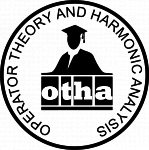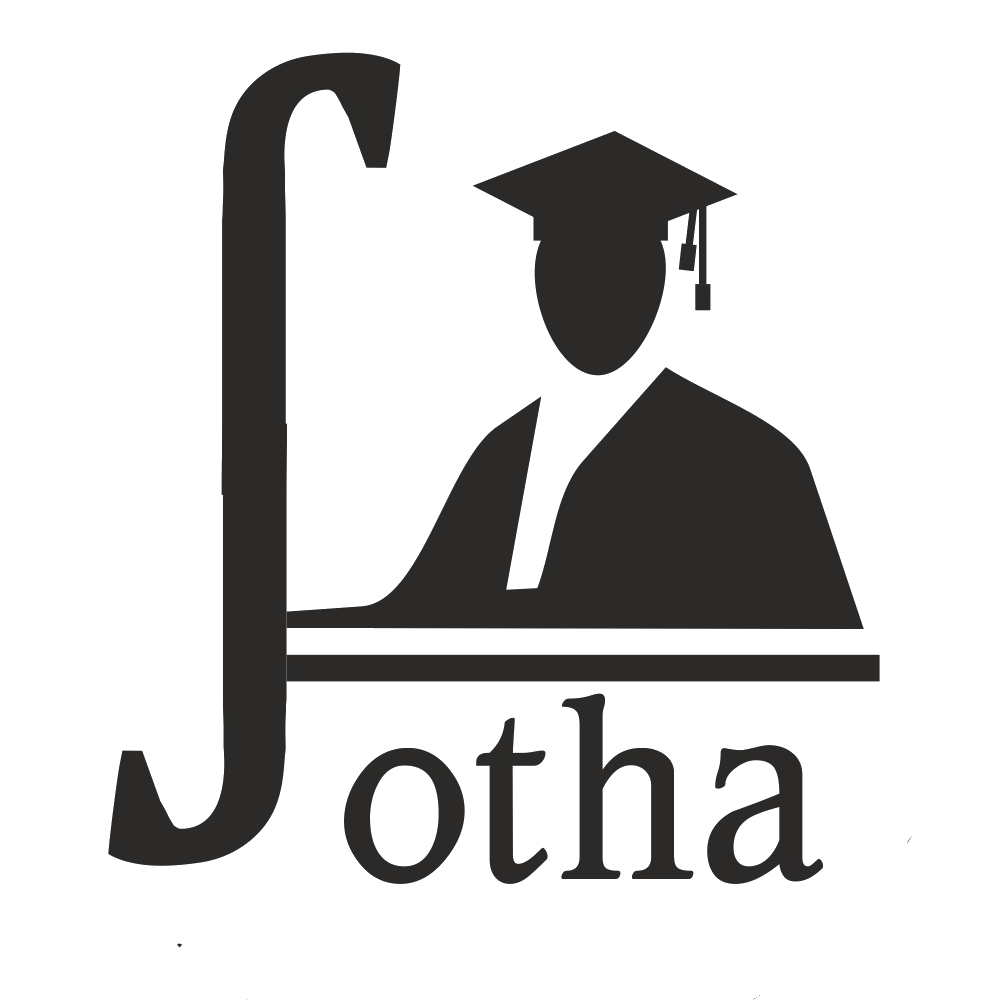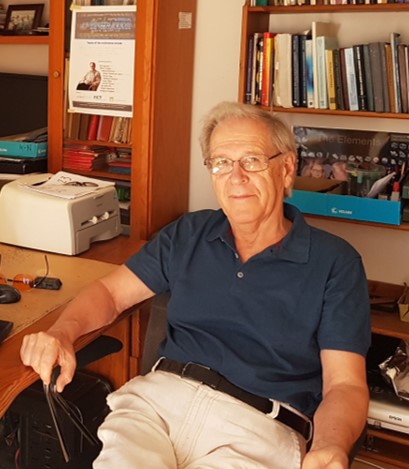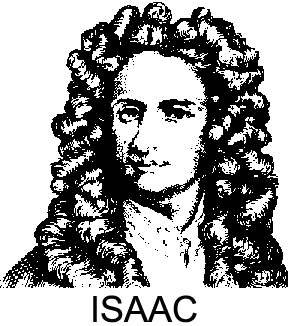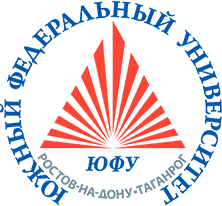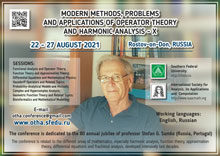Journal of Fourier Analysis and Applications
Operator Theory and Harmonic Analysis initiative group (OTHA)
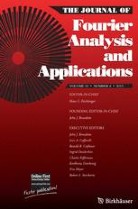
|
According to the proposal of the editor-in-chief of the Journal of Fourier Analysis and Applications (JFAA), Professor Hans Feichtinger, there is an initiative group of editors in the direction of Operator Theory, specifically related to Harmonic Analysis and Applications. This thematic direction will include articles at the cross-road of operator theory and harmonic analysis. To be more precise, we expect to deal with papers related to the Interplay of "Harmonic Analysis" and "Operator Theory", covering applications of Fourier (harmonic) analysis and operator theory arising in problems of mathematical physics and PDE's, inverse problems; models of mathematical physics; related questions of applied math / computational math. |
Editorial |
|||
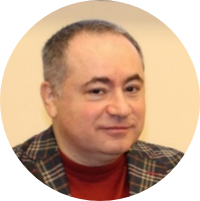
|
Alexey Karapetyants Southern Federal University, Rostov-on-Don, Russia Operators of fractional integro-differentiation, fractional power of operators, operators with canonical kernels (Toeplitz, Bergman type), Potential type operators, singular operators, multipliers and convolution type operators, function spaces arising in analysis including nonstandard function spaces. |

|
Vladislav Kravchenko Cinvestav, Campus Queretaro, Mexico Complex analysis, its generalizations and applications; ordinary and partial differential equations; models of mathematical physics; wave propagation in complex media, spectral theory. In particular, series representations for solutions of Sturm-Liouville equations based on Fourier-Legendre, Fourier-Laguerre, Fourier-Jacobi series representations for transformation operators in spectral theory. |

|
Elijah Liflyand Bar-Ilan University, Ramat-Gan, Israel Classical Fourier series and Fourier transform; Hausdorff operators. |
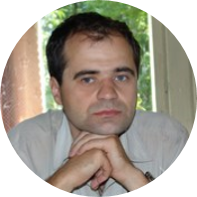
|
Vladimir Protasov University of L'Aquila, Italy Moscow State University, Russia Functional analysis, real analysis, wavelets theory, fractals, Fourier analysis, approximation theory, matrix theory, combinatorics, algorithms, numerical analysis, optimization and optimal control, dynamical systems, convex and classical geometry. |
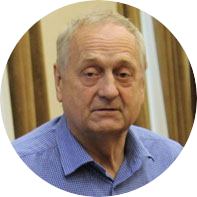
|
Andrei Shkalikov Moscow State University, Russia Theory of operators and, in particular, differential operators; Spectral properties; Operator models in problems of hydromechanics and elasticity theory; Multipliers and potential theory; Theory of operator matrices; Asymptotic theory for differential equations; Inverse problems of spectral theory. |
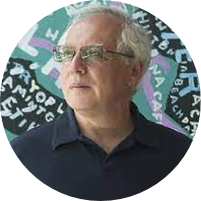
|
Ilya Spitkovsky New York University Abu Dhabi, United Arab Emirates Singular integral operators; operators on Hilbert spaces; Toeplitz and Wiener-Hopf operators; Factorization of matrix-valued functions; Riemann-Hilbert problem, Freholm theory; Numerical range and its applications. |
Events
Front Matter JFAA
Back Matter JFAA
Journal of Applied and Industrial Mathematics
Operator Theory and Harmonic Analysis initiative group (OTHA)
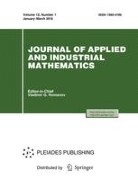
|
Editorial: Alexey Karapetyants, Southern Federal University, Rostov-on-Don, Russia Vladislav Kravchenko, Cinvestav, Campus Queretaro, Mexico Massimo Lanza de Cristoforis, University of Padua, Padua, Italy Fernando Leon Saavedra, University of Cadiz, Cadiz, Spain |
|
In accordance with the proposal of the Presidential Advisor of Pleiades Publishing, Ltd. Nikolay Avanesov and editor in chief of Journal of Applied and Industrial Mathematics (https://www.springer.com/journal/11754) Professor Vladimir Beresnev, within the framework of OTHA-ISAAC research group supported by the international society ISAAC, editorial thematic section OTHA-JAIМ (otha.sfedu.ru) has been established. Journal overview (more details at https://www.springer.com/journal/1175): Journal of Applied and Industrial Mathematics is a journal that publishes original and review articles containing theoretical results and those of interest for applications in various branches of industry. The journal topics include the qualitative theory of differential equations in application to mechanics, physics, chemistry, biology, technical and natural processes; mathematical modeling in mechanics, physics, engineering, chemistry, biology, ecology, medicine, etc.; control theory; discrete optimization; discrete structures and extremum problems; combinatorics; control and reliability of discrete circuits; mathematical programming; mathematical models and methods for making optimal decisions; models of theory of scheduling, location and replacement of equipment; modeling the control processes; development and analysis of algorithms; synthesis and complexity of control systems; automata theory; graph theory; game theory and its applications; coding theory; scheduling theory; and theory of circuits. Description of the thematic section I) The thematic section of OTHA-JAIM initiative is focused on research and applied research articles where applied and harmonic analysis and also methods of mathematical physics, theory of operators and theory of equations in partial derivative represent the fundamental basement for results, methods and applications. II) Articles in the field of signal processing, data transmission and reconstruction, image identification, mathematical medicine, articles on bioinformatics and mathematical modeling in medicine and biotechnologies, articles using probabilistic and analytical methods and models are particularly welcome III) The article should meet the journal requirements, besides, the article's scientific novelty and scientific significance and its correspondence to the thematic section must be obvious. The results cannot be published by any other publishing house. In case of an overview character of the article it should be clearly specified in the introduction and abstract of the article. The following will not be considered within the frames of the given initiative: 1. Scientific applied articles, with mainstays (fundamental basement) other then in fields mentioned above. It is appropriate to send these articles directly to the journal with no reference to OTHA-JAIM initiative. 2. Articles based on well-known applied methods and algorithms only, or based entirely on numerical experiment and calculations, and also containing only experimental results without any following application, theoretical and fundamental conclusions and arguments. 3. Articles which do not comply with the level and requirements of the journal, scholarly, educational and methodological articles. The articles which earlier have not been accepted by JAIM, and those with conflict of interests. Articles with four and more authors may become a subject for discussion of authors' input before admission to consideration. Article submission procedure: Please send your articles in PDF to Elena Vasilyeva-Bagler (Editorial Assistant) to the following address: otha.editorial@gmail.com You may also send your questions to the email address given above or directly to editors. |
|
